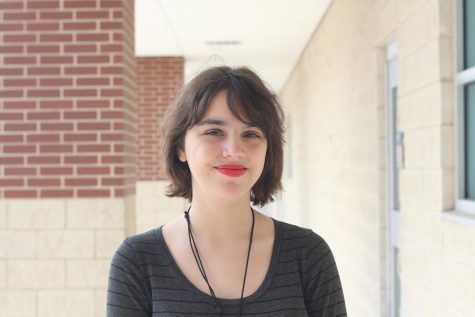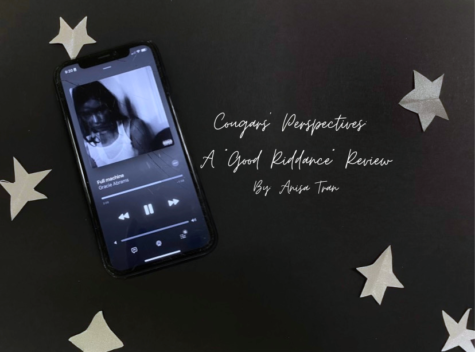“You’ve got a friend in me”
Finding an outlet
Like a landfill, a person’s mind can become cluttered over time.
Some things, such as positive emotions, can help fortify the brain and make the person stronger. Other things, like intrusive thoughts and self-deprecating feelings, fester and poison the mind. The mind becomes so crowded that it cannot hold anymore, and the toxic waste blows up, causing the person to break down.
During their school years, many adolescents forget to take care of themselves. Stress and anxiety over grades, work, friendships and family issues build up. They feel as if they must handle negative feelings alone. Eventually, the student’s mental health rapidly declines.
Simply talking about personal troubles can serve as one of the healthiest ways to deal with them. This requires not only the effort of the students, but of the adults as well.
Students who struggle with stress and difficult emotions should seek a confidant they can tell their problems to. They should find a trustworthy person – a parent, a grandparent, an older (or sometimes younger) sibling, a friend, even a counselor or therapist – who they can safely confide in. Discussing their feelings with this trusted person will help them let off steam and clear their mind of the toxic feelings.
On the other side of the emotional fence, adults need to work just as hard, if not harder. Parents or guardians must offer as much love and support for their children as possible. Relatives should pay attention to younger people in their family and offer them guidance. Without this crucial support, a student may keep their feelings bottled up for much longer, suffering in silence. A student can only open up to an adult if they feel safe and appreciated.
Friends and classmates should also try to offer help to their peers. If a friend seems down, students should find a time to talk (or, if needed, text) and kindly ask how things are, without seeming intrusive. While still having plenty of space, a student will feel truly cared for and may even return the favor later.
Before talking, the student and their confidant should set up a comfortable environment for a one-on-one. Both people should move to a quiet room or sectioned-off area, where others will not eavesdrop. Soft lighting, such as lamps, give off a less intimidating atmosphere than bright overhead lights. Small snacks or drinks can help, as food tends to bring out the best in people. Once each person feels physically comfortable, the conversation can flow more easily. The confidant should gently encourage the student to say what they feel and understand if they do not want to answer every single question or concern. The confidant can also give the student helpful advice without seeming too overbearing, and the student should listen to it, even if they do not plan to apply it.
To help ease the stress of high school life, both students and adults need to work together to form a bond of trust. If a healthy relationship exists between the confidant and the student, the student will not feel the need to hide their feelings as much. They can open up and release any pent-up feelings that would otherwise eat them up from the inside out. With this positive connection, the mind, perhaps, can finally make room for the positives in life.










